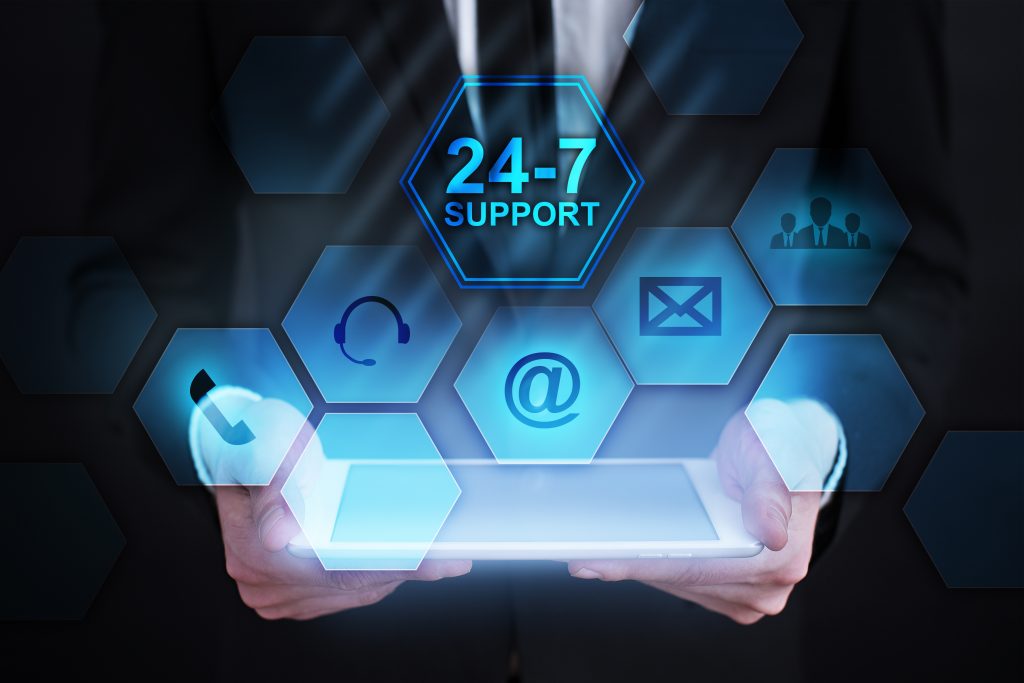Having DMARC (Domain-based Message Authentication, Reporting, and Conformance), DKIM (DomainKeys Identified Mail), and SPF (Sender Policy Framework) records set up is crucial for ensuring email security, deliverability, and reputation. Here’s why each of these records is important:
SPF (Sender Policy Framework): SPF helps prevent email spoofing by verifying that the sending mail server is authorised to send email on behalf of a specific domain. It works by defining which IP addresses are allowed to send emails for a particular domain. SPF records are crucial for ensuring that emails are delivered to recipients’ inboxes rather than being marked as spam or rejected outright by receiving mail servers.
DKIM (DomainKeys Identified Mail): DKIM adds a digital signature to emails, which verifies that the email content hasn’t been tampered with during transit and confirms that the email indeed originated from the stated sender’s domain. DKIM signatures are added to email headers, providing an additional layer of authentication that enhances email security and helps in identifying legitimate senders. Without DKIM, emails are more susceptible to spoofing and phishing attacks.
DMARC (Domain-based Message Authentication, Reporting, and Conformance): DMARC builds upon SPF and DKIM by providing a policy framework for domain owners to specify how they want emails that fail SPF and/or DKIM authentication to be handled by receiving mail servers. DMARC also allows domain owners to receive reports on email authentication failures, providing insights into potential abuse of their domain for phishing or spoofing. Implementing DMARC policies helps protect against email impersonation attacks and enhances domain reputation.
In summary, having SPF, DKIM, and DMARC records set up is essential for email authentication, security, and reputation management. These protocols work together to verify the authenticity of email senders, reduce the risk of phishing and spoofing attacks, improve email deliverability, and protect the reputation of your domain. Organisations should prioritise implementing and maintaining these email authentication mechanisms to ensure the integrity and security of their email communications.


